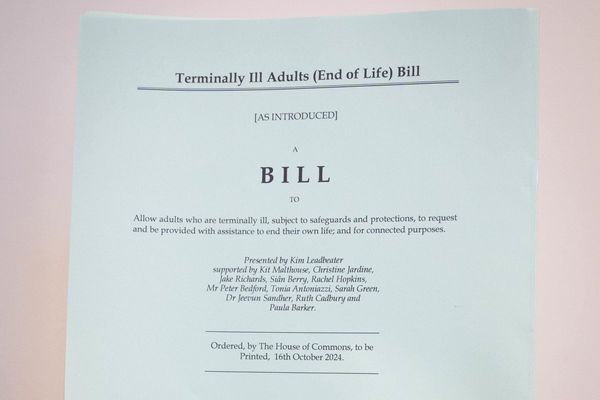
Many people head down the entrepreneurial route in their careers and attempt to form successful businesses. However, not all aspiring entrepreneurs manage to build a long-lasting operation.
Close to half of new businesses shut down within five years of launching. Financial and structural problems typically prevent any chance of long-term success.
To get back on track, failed entrepreneurs will pursue regular nine-to-five jobs. However, it has been found that the previous experience these former business owners possess can be a detriment to them and stall their recovery.
A recently published study led by Rutgers University revealed bias in the hiring process towards former entrepreneurs.
The study involved the researchers creating completely made-up resumes for over 200 experienced recruiters from the corporate world to observe.
These were recruiters from various sectors, including healthcare, software development and manufacturing. All the resumes contained the same qualifications achieved, but the researchers sent some that included the made-up person having experience in previously running their own company.
The researchers handed them a job description and three resumes to find what the recruiters would recommend. Rutgers asked who should be offered the fake vacancy based on their resumes.
The collected findings displayed that recruiters heavily preferred giving a job to a candidate who needed to gain experience running their own business. This trend materialised despite the resumes containing no entrepreneurial expertise to have the exact qualifications of the former entrepreneurs.
Rutgers School of Management and Labour Relations Professor Jie Feng oversaw the project and carried out the research both before the COVID-19 pandemic and after it. The results in both instances were more or less identical.
Touching on the revelation that former entrepreneurs are viewed dissimilarly to people with no entrepreneurial experience, Feng said: "This difference is statistically significant across various firms and industries, suggesting a systematic bias against hiring former entrepreneurs. If you're an entrepreneur, you raise more red flags."
Associate Professor at Rutgers Business School, Dannin Wang, believes the hiring bias against former business owners exists because they possess a contrasting mindset in the workplace compared to non-entrepreneurs.
As many companies want to avoid risky strategies, those with entrepreneurial experience can pose a threat. These individuals have been used to making their own decisions and taking risks without anyone interfering.
However, the research showed that former entrepreneurs may be in luck if a female recruiter, new to an organisation or a previous business owner, observes their resumes.
Feng explained the reason for this: "Women are more open to applicants with a different identity or a different set of experiences. Newer recruiters are less constrained by organisational norms and more willing to consider an unconventional candidate. Former entrepreneurs can relate to those who have followed a similar path."
To combat bias against former entrepreneurs in hiring processes, the researchers recommend companies prioritise more excellent representation among their recruitment teams. They also suggest specialised training be provided so recruiters can better understand the disadvantages placed on entrepreneurs and why that alone should not contribute to their recommendations.
When former business owners land a nine-to-five job, they can earn a salary below what their colleagues are on. This is labelled as the "entrepreneurship penalty."







